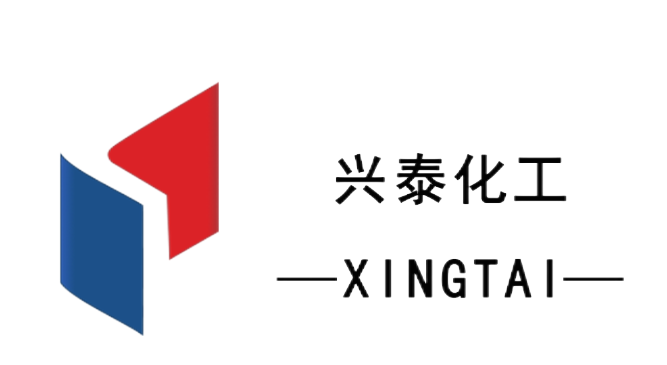CONTACT US
The development prospects of hydroxypropyl methyl cellulose (HPMC) are very broad, and it is expected to continue to maintain strong growth momentum in the coming years.
According to APO Research's statistics and predictions, the global HPMC market is expected to continue expanding at a compound annual growth rate of approximately 5.2% between 2024 and 2030, with a market size of $2.58 billion by 2030. This growth is mainly due to the increasing attention of consumers to healthy eating and the growing demand for low-fat products, especially in the construction, pharmaceutical, and food industries where the application demand continues to grow.
Main application areas and their market prospects

Construction industry: HPMC is widely used in the construction industry, mainly in building materials such as cement-based mortar, gypsum products, masonry mortar, joint fillers, tile adhesives, and self leveling compounds. It is highly favored for its excellent water retention capacity, reduced flocculation, enhanced viscosity, and crack prevention properties.

Pharmaceutical industry: HPMC is the main raw material for producing plant capsules, which has the advantages of safety and hygiene, wide applicability, no cross-linking reaction risk, and high stability, especially popular in developed countries in Europe, America, and Islamic countries. With the increasing public awareness of food and drug safety, the market demand potential for pharmaceutical grade HPMC is enormous.

Food industry: HPMC is used as a food additive to improve the texture and taste of food, and the market demand is constantly increasing.

In other fields such as cosmetics and personal care products, HPMC is used for thickening and stabilizing products. In addition, it is also applied in industries such as petrochemicals, ceramics, papermaking, and leather.
Get real-time quotes
Interested? Leave your contact details.
